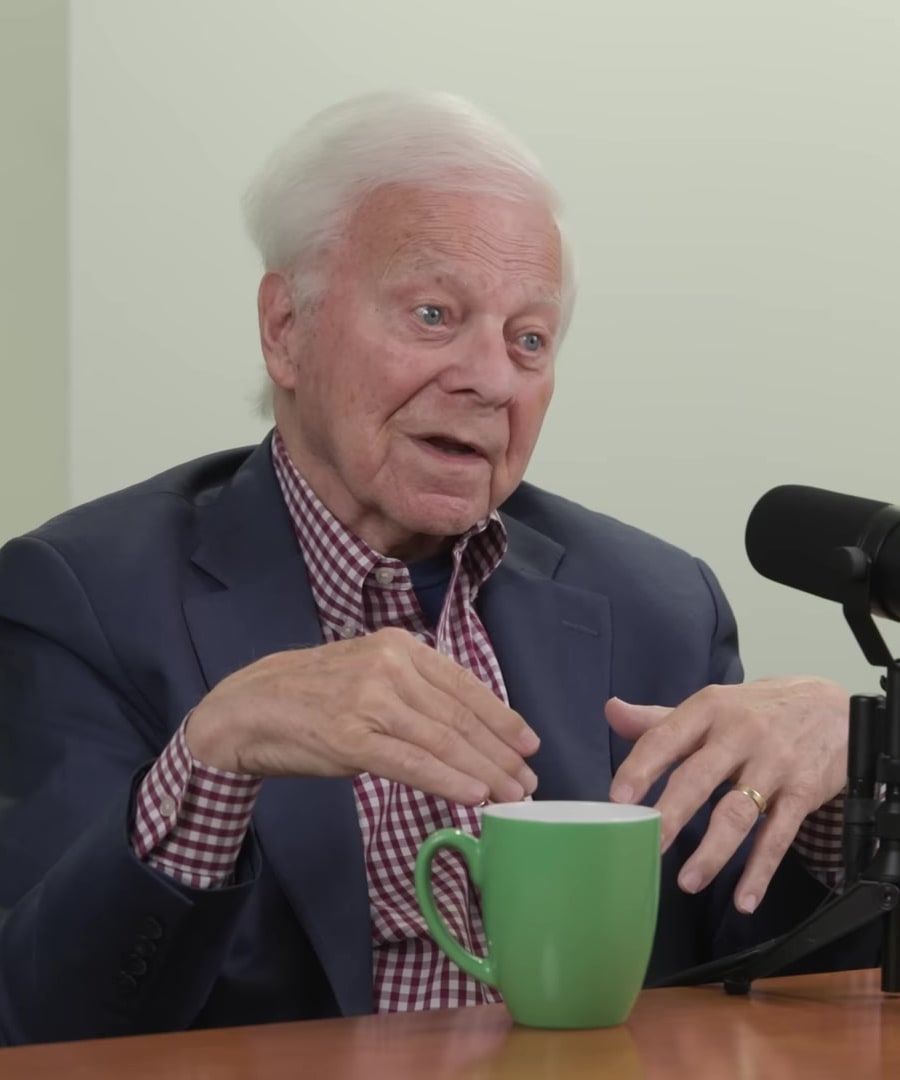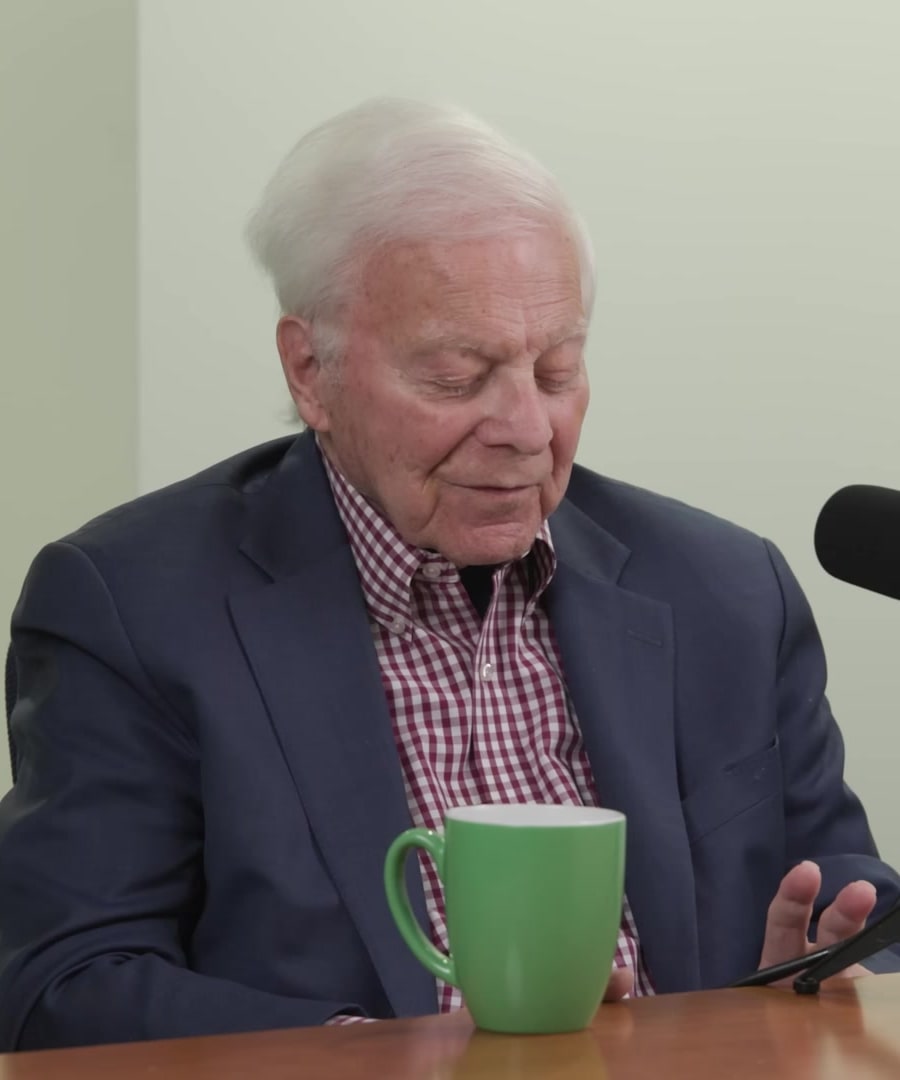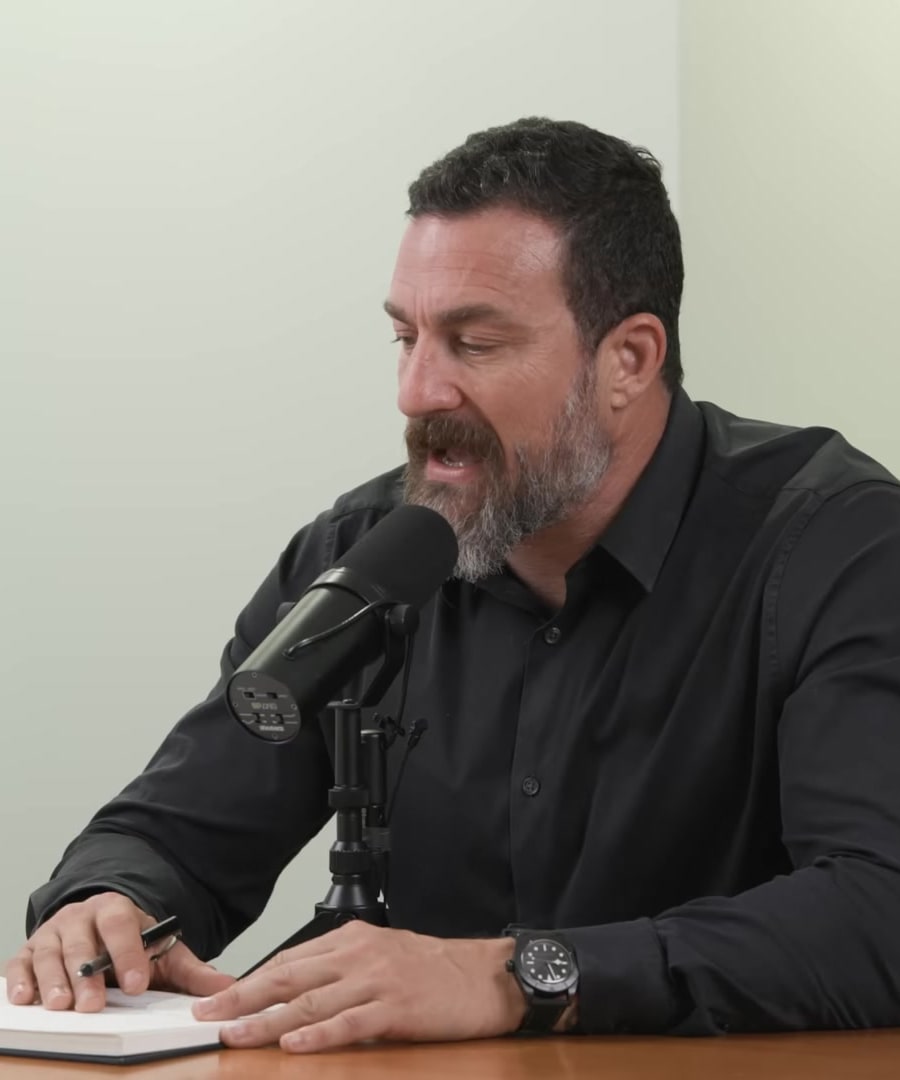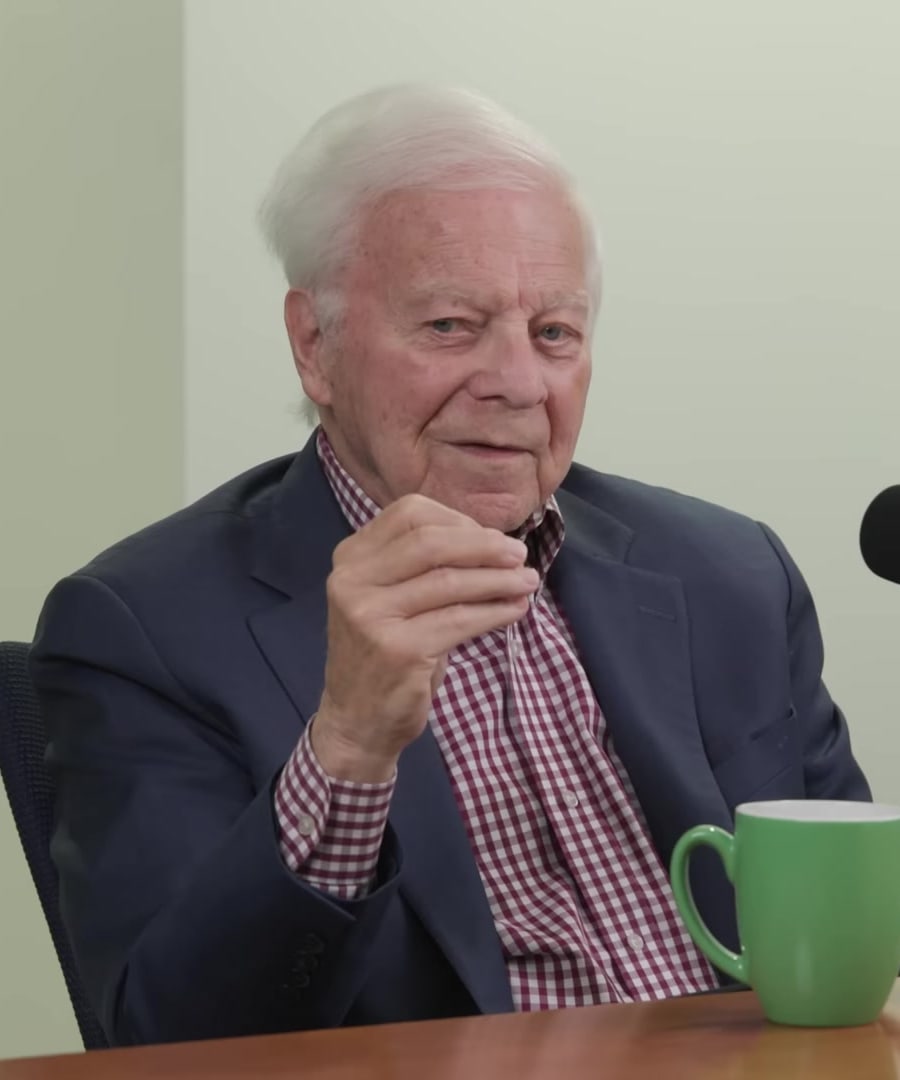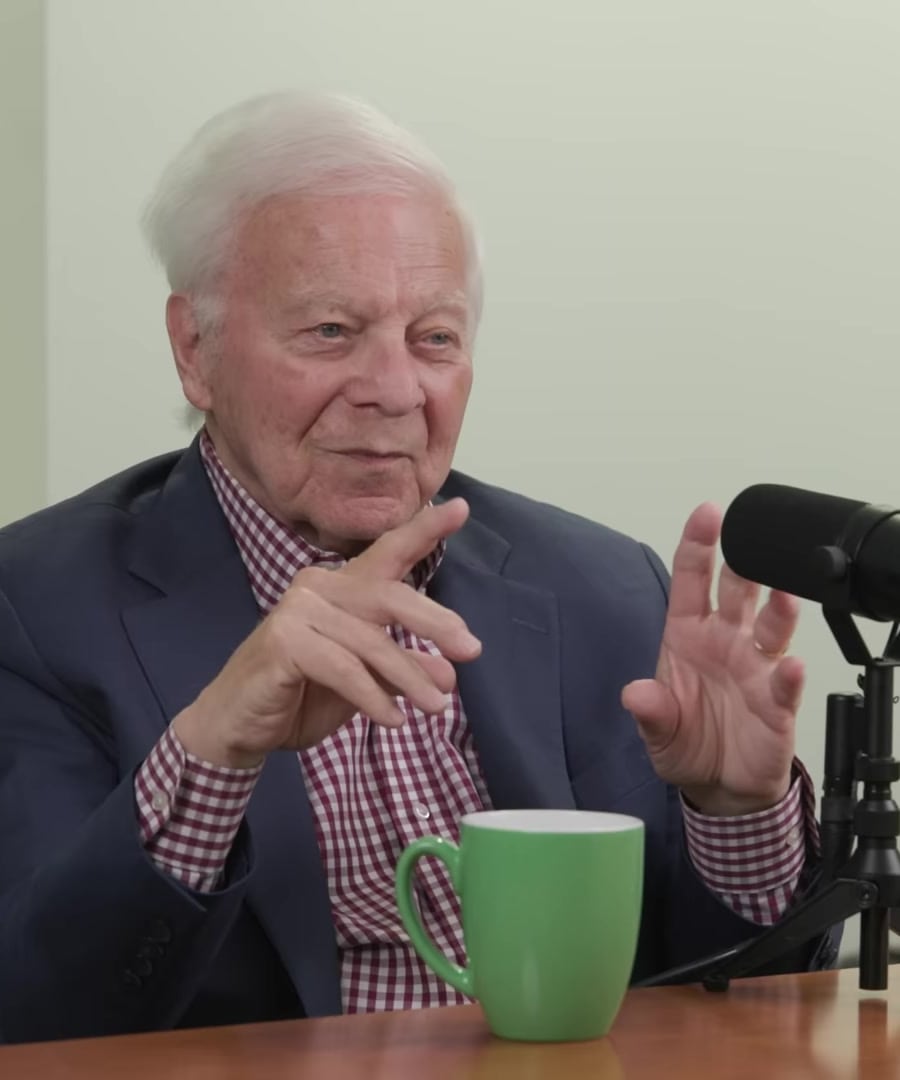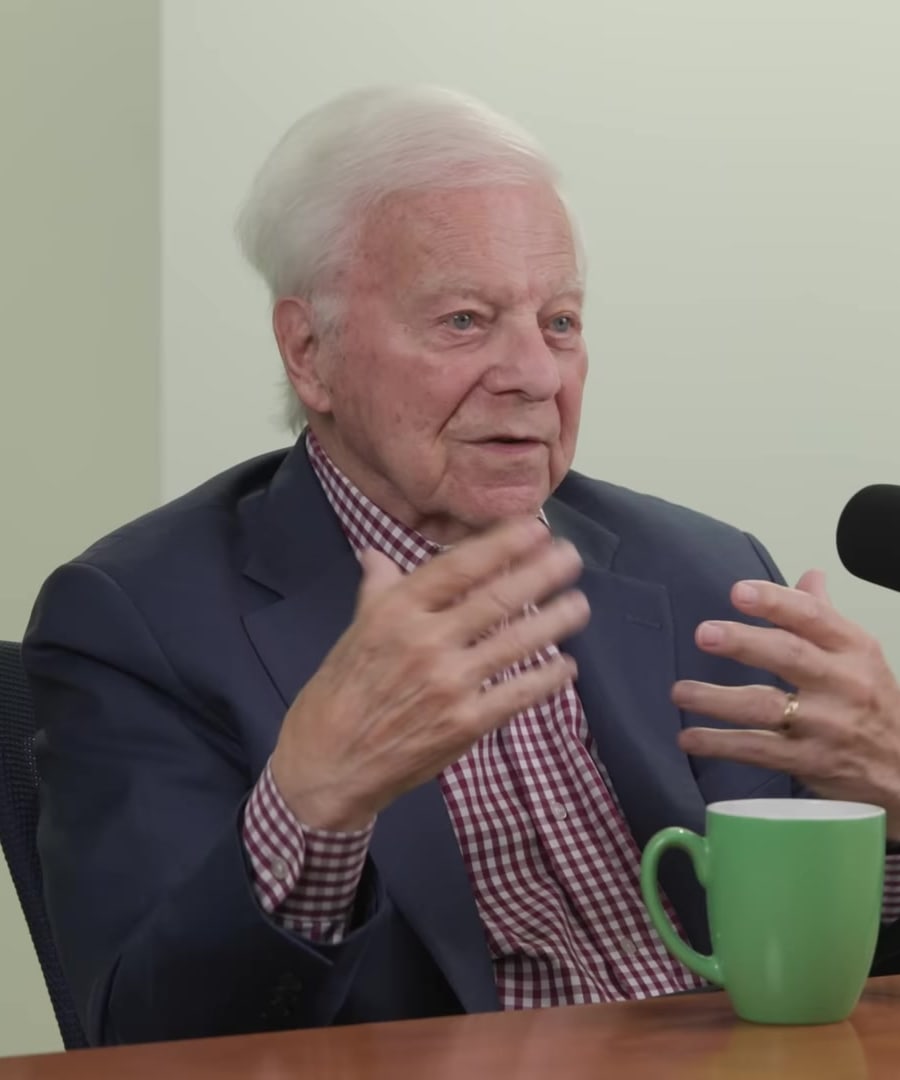Summarize episode Dr. James Hollis: How to Find Your True Purpose & Create Your Best Life
Sources:
The episode "" features a deep discussion with Jungian psychoanalyst Dr. James Hollis. Key insights from the episode include:
-
Finding a Larger Story: Dr. Hollis emphasizes the importance of transcending our personal and cultural narratives to discover a broader, more meaningful life journey. By moving beyond the constraints set by our family and society, we can explore and fulfill deeper desires and potentials 1.
-
The Importance of Questions: Living life guided by profound questions rather than seeking immediate answers fosters a richer experience. This approach allows us to grow into answers through our lived experiences 2.
-
Reflection and Internal Connection: Regular reflection is crucial. It helps us reconnect with ourselves and make decisions that aren't solely reactive to external demands. This introspection can be achieved through various methods like nature walks, creative activities, or meditation 3.
-
Understanding the Soul’s Purpose: Hollis discusses how our "soul" or psyche seeks expression. This contrasts with the external demands of society. Finding and aligning with this inner calling leads to a meaningful and authentic life 4.
-
Facing Internal Stories: He also touches on the need to confront and understand the internal narratives that control our actions. Recognizing these stories allows us to respond to life authentically and not just reactively 5.
-
Embracing the Journey of Life: Finally, Dr. Hollis highlights the importance of living one's journey honestly, which involves embracing personal struggles and understanding one's true desires. This personal authenticity benefits not only the individual but also the broader community 6.
This episode underscores deep personal reflection, questioning, and the courage to break away from inherited narratives to discover and fulfill one's true purpose.
RELATED QUESTIONS-
Summarize Dr. James Hollis: How to Find Your True Purpose & Create Your Best Life
The episode "" from the features Jungian psychoanalyst Dr. James Hollis. Here are the key insights:
-
Self-Discovery Journey: The episode extensively focuses on self-discovery. It discusses how personal reflection and overcoming unconscious influences are essential for finding one's true purpose and creating a fulfilling life.
-
Therapeutic Insights: Dr. Hollis shares insights from therapy, revealing how understanding and embracing one's inner psychological patterns can lead to significant personal growth.
-
Understanding the Self: A major portion of the discussion is dedicated to understanding the "self." It includes concepts like psychic possession and the autonomy of the unconscious mind.
-
Soul's Purpose: The conversation delves into understanding one's soul's purpose by uncovering inner wisdom and intrapsychic patterns.
-
Approaching Life's Challenges: The episode also covers navigating life’s difficulties, such as depression and loneliness, and emphasizes the importance of inner connection.
-
Philosophical and Psychological Reflections: There is a focus on philosophical topics like the perception of time, mortality, and living with large questions.
-
Personal and Social Identity: Dr. Hollis examines how personal authenticity affects relationships and broader social roles, discussing topics like gender roles and adult development.
This episode offers profound insights into personal and psychological development, stressing the importance of introspection, understanding one's deeper inclinations, and living authentically in relation to oneself and others.
RELATED QUESTIONS-
Summarize episode Dr. James Hollis: How to Find Your True Purpose & Create Your Best Life
- RELATED QUESTIONS
Summarize Dr. James Hollis: How to Find Your True Purpose & Create Your Best Life
- RELATED QUESTIONS
